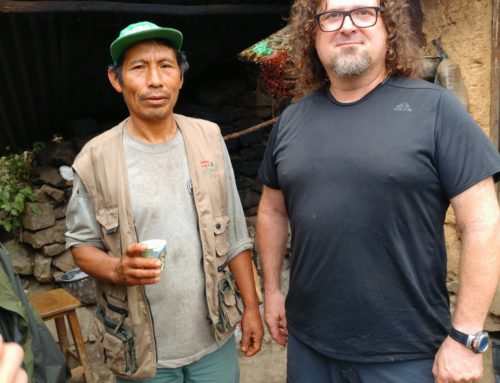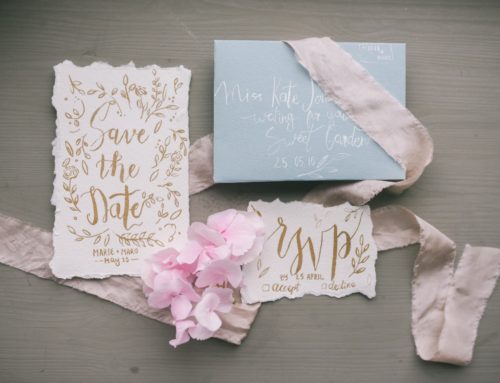While I was staring at my blank screen this morning, watching the cursor blink its silent accusation, my phone rang. Which is always a reprieve when writer’s block is laughing at you. It was one of my friends with a story I’ve been given permission to share.
When my friend was younger, her parents were divorced and her mother had remarried a man who was an official creep. You know the type—those guys that look at you wrong, and say lecherous things as if they’re funny, and touch inappropriately. My friend was not physically abused, but she was scarred emotionally.
By the time my friend became an adult, this man was gone from her mother’s life, so she didn’t have to interact with him any longer. But he still cast a long shadow over her life. She had kind of built him into a monster in her head, and he took up space despite being unwelcome.
So when my friend ran into him this morning, she was kind of taken aback. She told me she was scared, and uncomfortable, and angry. Yet, despite the mix of emotions, she steeled herself to greet him—and discovered, to her amazement, that he was nothing but a little old man. “I looked at my demon this morning,” she said, “and realized he no longer has any hold over me.”
Time heals all wounds, and wounds all heels
Such is the grace of letting go. As fallible beings, we so frequently latch on to our most painful memories and turn them into mantras. We do it with the best of intentions: to set up sign posts so we can avoid similar pain in the future, to remind ourselves of what we’ve overcome, to stay vigilant. Yet, while the intentions may be good, the outcomes rarely are—ultimately, by continually returning to our pain, we are living in the past. We’re allowing an event that is already over to dictate how we behave, or feel, or respond to current events. We’re erecting altars to our ghosts and then acting shocked that we remain haunted.
The alternative is deceptively simple: leave the past in the past, where it belongs. Ya, I know—easier said than done. But this is what growth, and forgiveness, and awareness are all about.
Giving ourselves permission to let go of past trauma doesn’t mean we’re minimizing the trauma, or pretending it didn’t happen, or suppressing its effect on us. It does mean, however, that we’re making a conscious choice not to allow old scars to shape us. I don’t want to default into not trusting men just because men once hurt me. I don’t want to default into staying home with my kids just because my parents worked too hard when I was growing up. I don’t want to default into cynicism just because my innocence was once mocked. I don’t want to default into anything. I want my choices to be in response to current stimuli, to today’s reality, to this moment’s cues. I want the capacity to be fully present in what’s happening right now, so I can make intelligent decisions rather than being subtly pushed by subconscious triggers.
Your mission, should you choose to accept it
I will be the first to admit that this path is not straight and smooth. When it comes down to it, us fragile beings are mostly a conglomeration of the things that have happened to us, and our behaviours are mostly dictated by our intent to avoid past pain or recreate past pleasure. It’s simply part of the human condition.
But so is transcendence—which means that we all have the capacity not to inappropriately express our pain, not to corrosively suppress our pain, but to sublimely transmute our pain. Energy can neither be created nor destroyed, but it can be converted to a different form—one that puts our demons in their place and allows us to move forward with greater light and love.





Leave A Comment